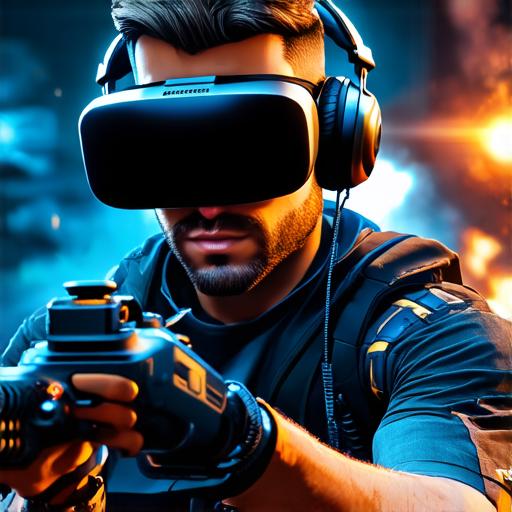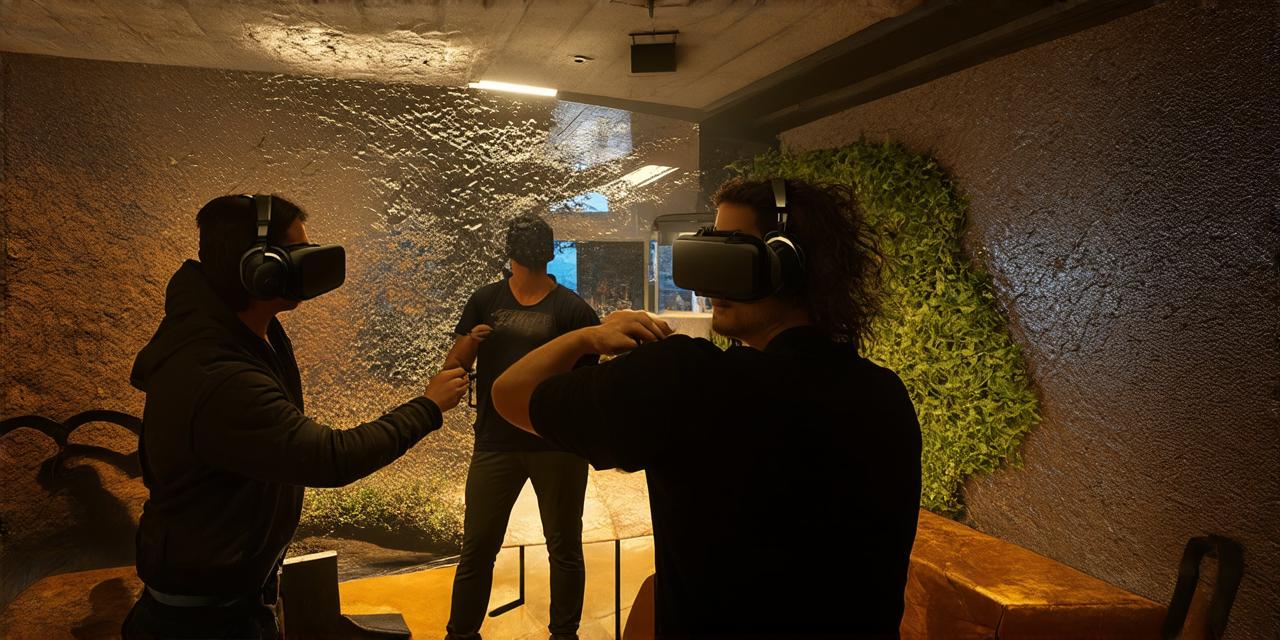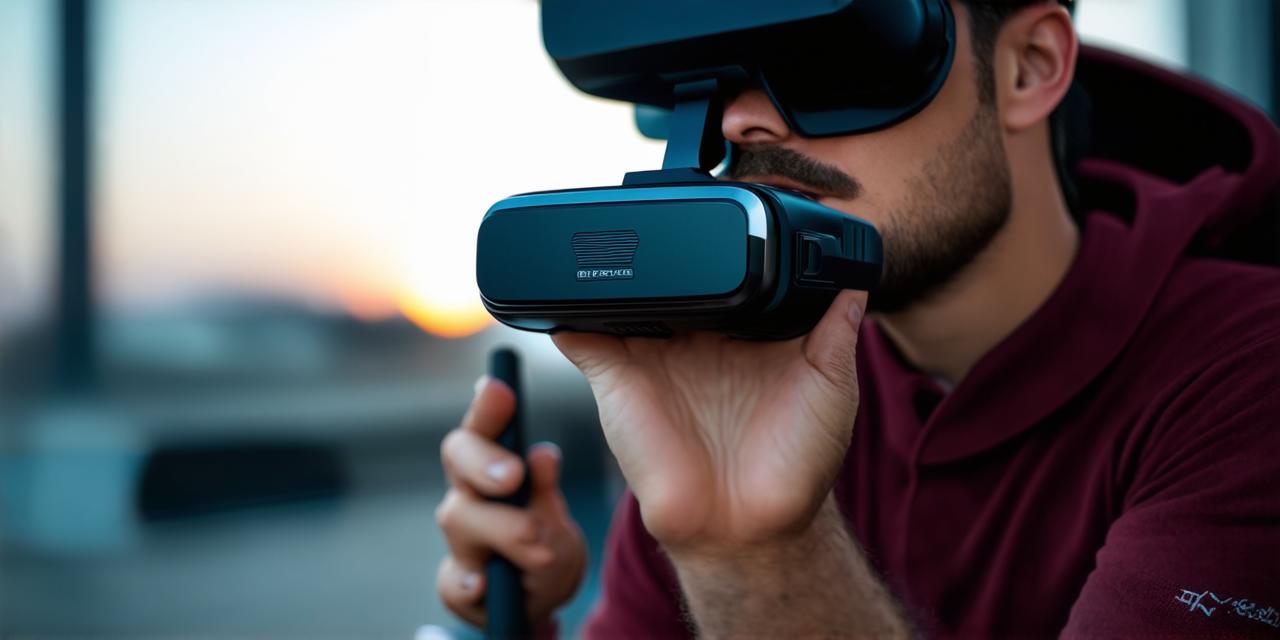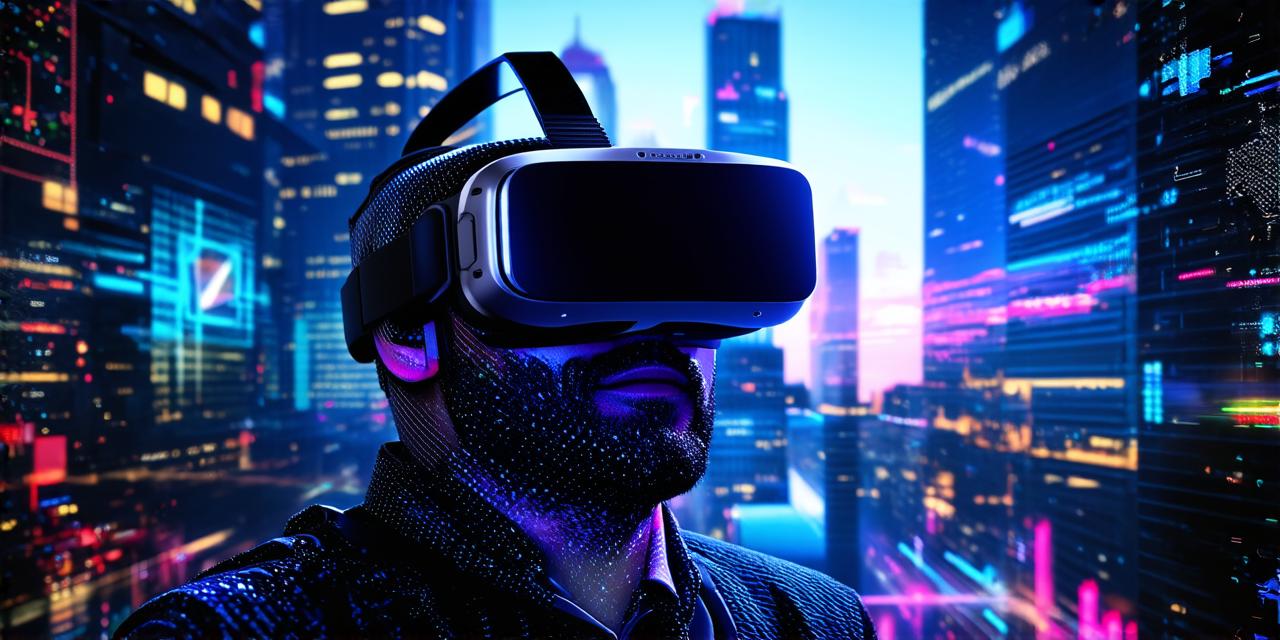Virtual reality (VR) is a technology that enables users to experience digital environments as if they were real. While VR is often associated with gaming and entertainment, it has many practical applications in daily life.
1. Training and Simulation
Virtual reality can be used for training purposes, allowing people to practice skills in a safe and controlled environment. For example, pilots can use VR to simulate flying scenarios, without the risk of crashing an actual plane. Similarly, medical professionals can use VR to practice surgical procedures, without the need for cadavers or live patients.
2. Education
Virtual reality can be used in education to provide students with immersive learning experiences. For example, history students can use VR to explore ancient civilizations and see what life was like for people living in those times. Science students can use VR to explore the human body or the solar system.
3. Therapy
Virtual reality can be used as a tool for therapy, allowing patients to confront their fears and anxieties in a controlled environment. For example, patients with phobias can use VR to face their fears, such as heights or spiders. Similarly, patients with PTSD can use VR to revisit traumatic events and work through them.
4. Design and Architecture
Virtual reality can be used in design and architecture to create realistic 3D models of buildings and structures. This allows architects to test different designs and make changes before construction begins, saving time and money.

5. Entertainment
While virtual reality is not just for gaming, it is still a popular form of entertainment. VR games allow players to fully immerse themselves in the game world, creating a more engaging and realistic experience. VR movies can also be experienced from multiple perspectives, giving viewers a sense of being present in the action.
Overall, virtual reality is a versatile technology that has many practical applications in daily life. From training to therapy, education to entertainment, VR is changing the way we interact with digital environments and each other.



